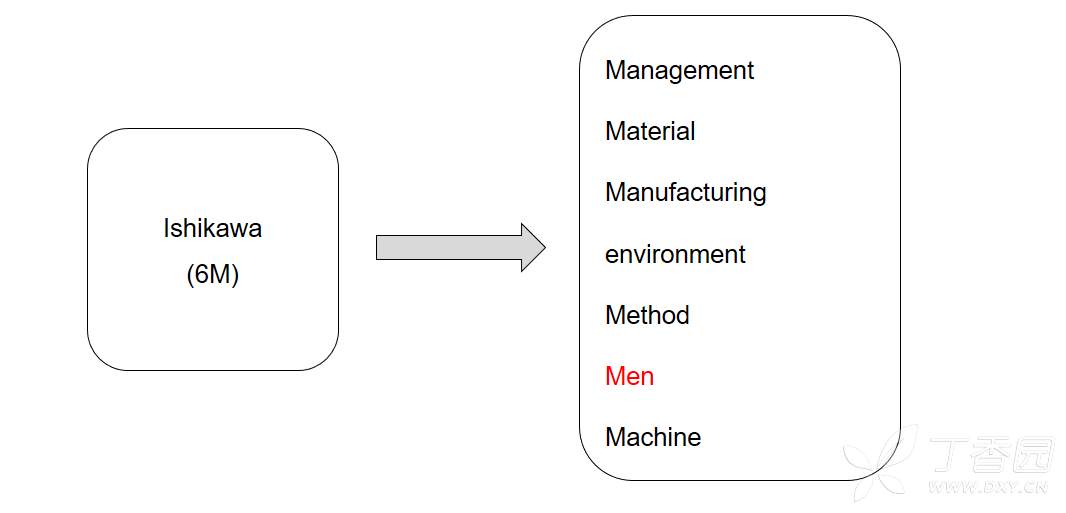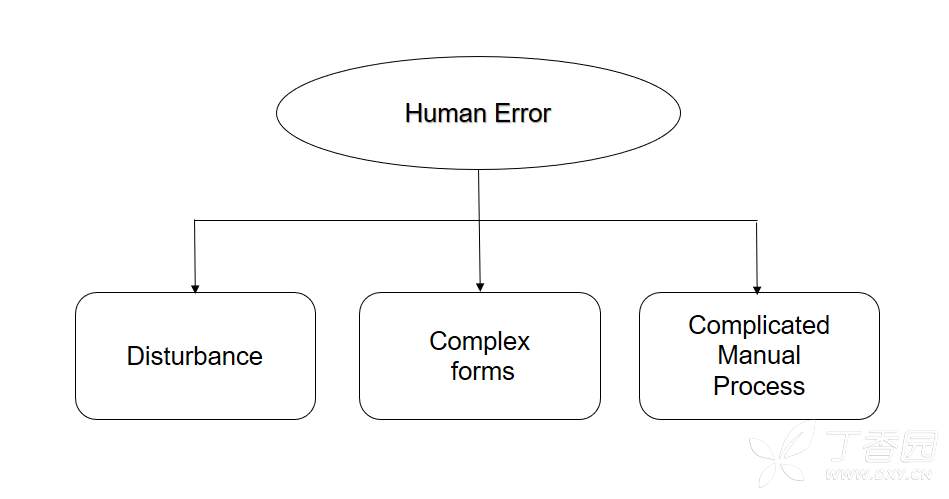偏差调查中 Human Error 的那些事
 推荐
推荐今天来聊聊偏差中Human error, 在出现Deviation时,要进行一系列的调查,常用 5Why and Ishikawa fishbone to investigate the deviation to find the root cause for the cases, But, 调查到最后往往很多Root Cause 都是人为因素即Human error,以至于很多企业要么调查的根本原因往流程或者仪器设备方面靠拢,然而很多实实在在的原因就是Human Error, 这个时候怎么办?
来看看Human error的原因:
如果根本原因为后面两种,CAPA 无疑就是update manual process and forms. 那如果human error 是由于外界的干扰呢?
根据AORTA (Attend, Observe, Remember, Think, Act)
首先看the analyst 是Attend to one task 还是 Attend to several tasks,如果是多个tasks,那么说明 Scientist 不适合同时进行多个任务,在以后的工作安排中可以合理的单任务的安排给他。 但如果是Attend to one task 时,我们就得深挖为什么出错,进行further investigation 从以下几个方面找最根本的原因:
1. Observe
- See/read
- Hear
- Feel (Palpate)
- Detect
- Discriminate
- Recognize
- Perceive
2. Remember
- Memorize
- Recall (Long/short-term)
3. Think
- Calculate
- Decide
- Solve
- Develop alternatives
- Choose alternative
- Select response
4. Act
- Reach
- Grasp
- Move/manipulate
- Speak
- Walk/run
- Respond
如果human error 是上述中由于Stimuli (刺激)导致的,如仪器太吵,或者有什么可视物体,那么可以降低噪音或者移走可视物,等等…
问题来了,如果这个人是由于工作太累或者心情不好导致出错,我们的CAPA 该怎么做?要求主管给这个人放假,出去放松,涨工资还是什么?
大家自由讨论…..


















































